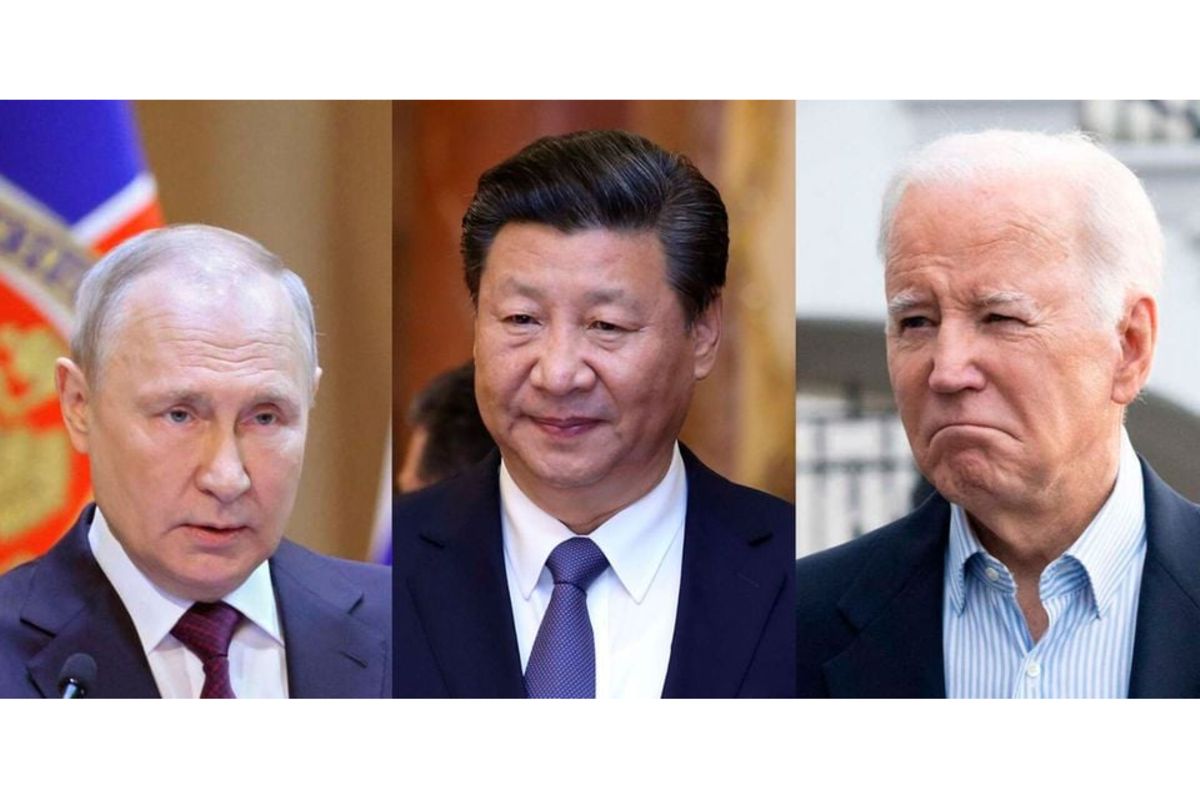I have to admit that I am not one of those IT or rather computer savvy Bongolanders. At my age, having arrived in this world almost 70 years ago, that is understandable.
However, that does not mean that I am a dinosaur when it comes to modern communication skills in this electronic age. That is why I normally pen and send this weekly piece from my ‘simu janja’ gadget.
Apart from being a vital conduit for information and knowledge, this gadget is also an important mouthpiece of ‘the Sojourner.’ Over and above that, it is through it that I can share views and ideas as well as socialise with other beings on issues of common interest.
No wonder therefore that I belong to, among others, several WhatsApp groups. I belong to about ten or so groups. There are those of people we share common professional, or social interests. Then there are some which bring together people from my clan and native zone; and then there are some into which I am simply interested in getting a glimpse of how ignorant or rotten our society is.
But for purposes of this piece I will dwell on the latest topic which my professional group was preoccupied with in the last two weeks. And that is this sudden interest Africa was presently getting from all the major powers in the world.
Members of the group argued that beginning three or so years ago all the major powers, led by the US, Russia, China and France have been on a charm offensive, wooing the continent for its strategic importance, not necessarily to benefit its fast growing population, but mostly for the suitors’ personal vested interests.
Beginning with the US, they noted that, in the last two years its powerful leaders have criss-crossed the continent. Antony Blinken, the US Secretary of State has already been to Algeria, the DR Congo, Ethiopia, Kenya, Morroco, Niger, Nigeria, Rwanda, Senegal and South Africa. Its Treasury Secretary, Janet Yellen has visited Senegal, Zambia and South Africa. Last year, the head of the US Agency for International Development, Samantha Powers, visited Kenya and Somalia, while the US Ambassador to the UN, Linda Thomas – Greenfield, went to Uganda and Somalia.
This was capped by the recent visit this year of the US Vice President, Kamala Harris, to Ghana, Tanzania and Zambia.
The main thrust of all these visits, it was argued, was to counter the growing influence of China and Russia which are seen to be threatening the US political and economic interests. Don’t forget, late last year a US – Africa summit was held in Washington DC.
The Russians were not left behind. Sergey Lavrov, the Foreign Affairs Minister, also made strategic visits to Egypt, the Republic of Congo, Uganda, Mali, Mauritania, Tunisia, Algeria, Morroco, South Africa, Angola, Eritrea, Ethiopia and the African Union (AU) head office in Addis Ababa.
Also, last year the Russian President, Vladimir Putin, invited the Chairman of the African Union, Senegal’s President Macky Sall to Moscow for a strategic meeting and talks on the war in Ukraine. It has to be noted that Russia and Ukraine, according to the UN, are also major exporters of grain to Africa, accounting for over 40%. A planned Russia – Africa summit is in the pipeline for later this year.
Russia’s strategy in Africa appears to be a mix of arms sales, military and political support, economic (read mining) interests and mutual diplomatic support.
Basically, it was argued, Russia was now latching onto the historical Soviet Union’s legacy of supporting liberation struggles and post – colonial governments in Africa.
As for China, Qin Gang, its Foreign Affairs Minister has already undertaken sojourns to Ethiopia, Gabon, Angola, Benin, Egypt and AU head office in Addis Ababa. And scores of African heads of State flocked to Beijing, China for a meeting with the Chinese President, Xi the, China is funding infrastructural projects in the continent including, roads, railroads, dams, ports, stadia and airports. It is basically interested in preferential access to Africa’s natural resources, opening up markets for Chinese exports and enlisting diplomatic support.
The French President, Emmanuel Macron, was not far behind. He was seen rallying support and fending off threats to his country’s influence in Francophone Africa, visiting Gabon, Republic of Congo, DR Congo, Benin, Cameroon, Angola and Guinea Bissau.
Surely, the group members argued, this was a new scramble for Africa. And unlike the 1884 Berlin conference where Africa ‘sans Africans’ was partitioned to cater for economic interests of European powers, this time around under the new scramble for Africa, Africans must take their rightful place at the high table. Otherwise the hundreds of millions of youth in Africa will raise serious questions.
